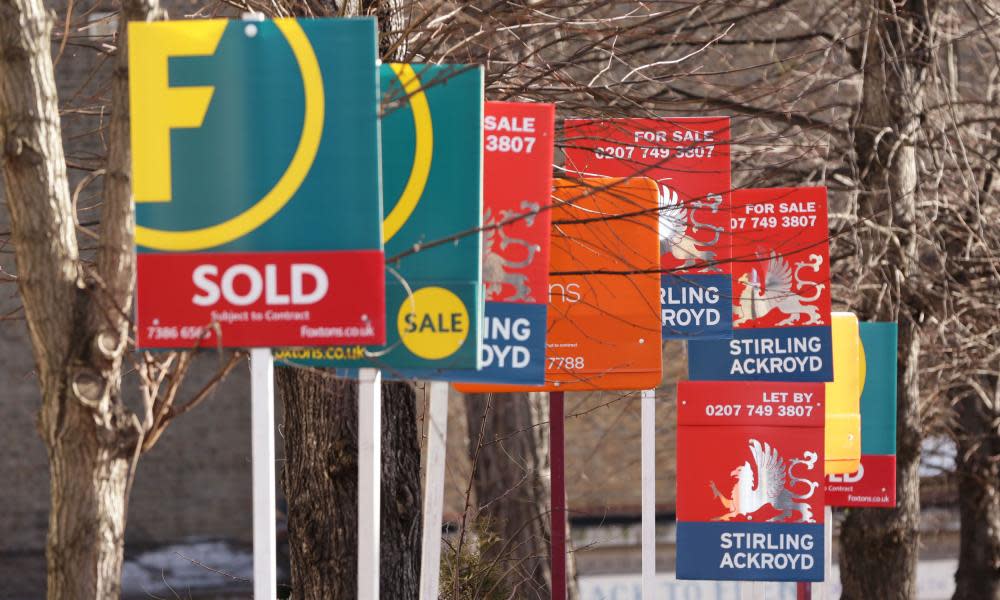Expand 'commonhold' ownership system, government urged

The rarely used “commonhold” system of home ownership should be expanded as an alternative to landlord-controlled leaseholds which are increasingly resented, the Law Commission is recommending.
In a public consultation launched on Monday, the government’s official adviser on law reform is calling for commonhold to become widely available because it permits anyone to own a freehold flat without the threat of a time-limited lease expiring.
Commonholders become members of a company that owns and manages the shared areas and structure of a building. There is no landlord.
The proposal would primarily benefit flat owners, many of whom are young and climbing the first rungs of the property ladder but still have to pay substantial annual ground rents.
Introduced in 2002 as a cooperative form of ownership, fewer than 20 commonholds have been created. The system has been criticised for lacking the flexibility required for larger developments and for converting existing leases into commonholds. Mortgage lenders have also proved reluctant to provide loans against commonhold properties.
Prof Nick Hopkins, a commissioner at the Law Commission, said: “Commonhold provides a once in a generation opportunity to rethink how we own property in England and Wales and offers homeowners an alternative system to leasehold.
“It involves a culture change, moving away from an ‘us and them’ mindset, towards ‘us and ourselves’. We want to hear what people think of our proposals so we can be sure the commonhold system will work for homeowners and the wider property sector.”
The legal reforms proposed, the Law Commission says, should make conveyancing simpler and cheaper. They would allow commonhold developments to include both flats and commercial units, such as restaurants and shops.
Service charges levied by landlords would be replaced by commonhold contributions, which have to be approved by a majority of those paying them. The legal changes would make it easier to convert from leasehold to commonhold and increase mortgage lender confidence in the system, it is argued.
Commonhold is widely used in countries such as the US, Australia and across Europe. The Law Commission points to “recent dissatisfaction” with the current leasehold system, which has led to pressure from campaigners for reform.
In order that repair bills are paid, the commission proposes that a commonhold association should have an “automatic, statutory charge” for the payment of costs if a unit owner fails to pay his or her share of contributions.

 Yahoo News
Yahoo News 
